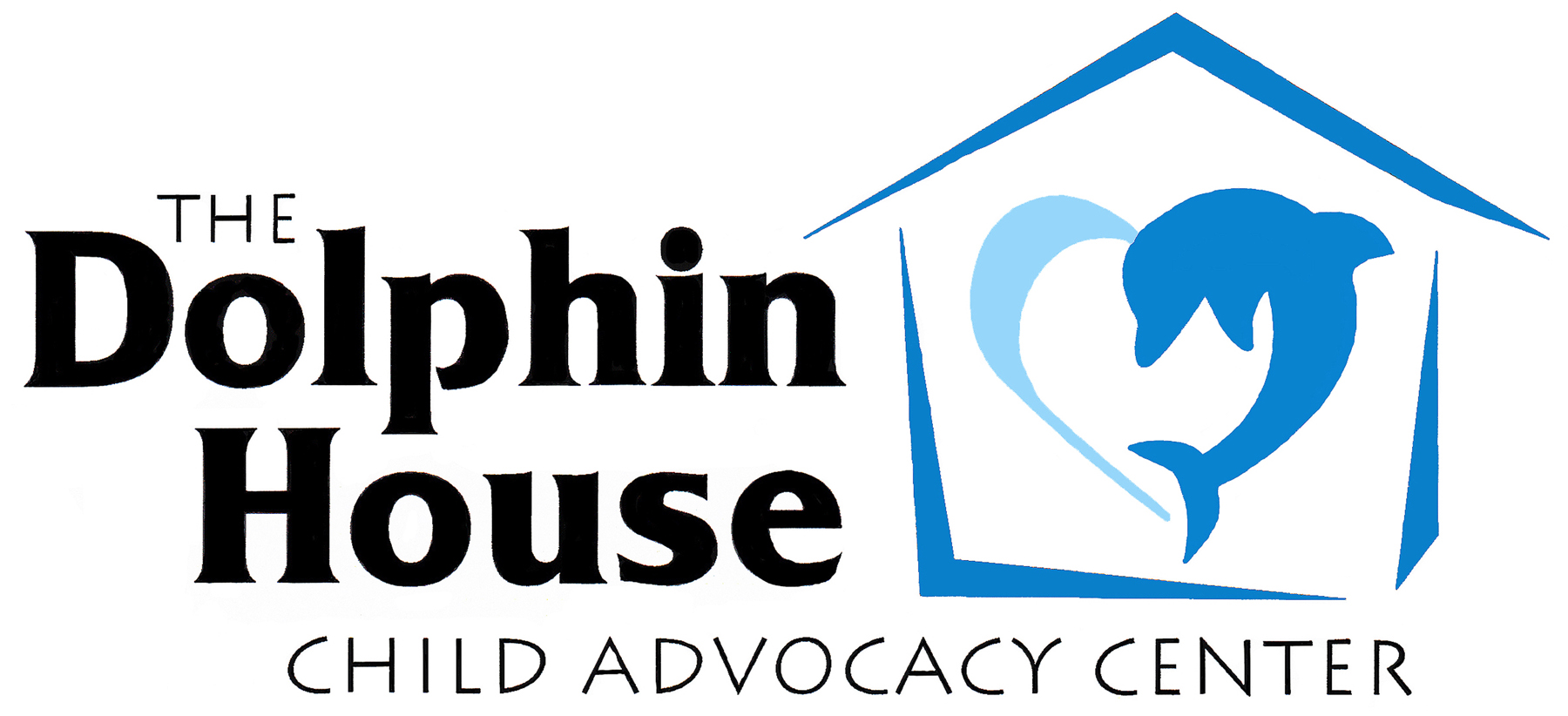The time after disclosure of abuse is difficult for everyone in the family, but the positive support a child receives can often overcome even the most tragic events. As a parent, it is often difficult to put aside your own feeling and frustrations about what has happened. To a large extent, the emotional healing of your child depends on your reactions, comments and support more than anything else. The Dolphin House staff is here to help you and your children. We hope you find the following guidelines useful.
A child copes BEST with the stress of abuse when he or she:
- Feels Safe and Protected: Parents should provide both emotional and physical protection for their children. The child needs a calm, non-threatening and familiar parent. The child will be frightened by parental anger and might experience depression. Clearly tell your child that you will do the best job you can to protect him or her. (STAY ESPECIALLY CLOSE DURING THIS DIFFICULT TIME AND ALLOW THE CHILD TO EXPRESS HIS OR HER FEELINGS)
- Is Believed: Reveal and Heal. Reassure your child that you believe them. Tell them they did the right thing by telling and to not feel guilty or ashamed for what they said. A child’s disclosure of abuse is scary, often delayed and associated with acting out behaviors. Tell your child how proud you are of him/her and that you know it took a great deal of courage to tell what happened. Children rarely make up or exaggerate what happened, but rather tend to minimize the events.
- Does Not Feel Guilty: An abnormal reaction to an abnormal event is normal. Remember the child is not at fault. The child must not feel ashamed or guilty for disclosing. The child may have mixed feelings, both positive and negative, about the offender. Focus on the inappropriate behavior of the offender. Reinforce that the child did the right thing by disclosing the abuse.
- Has Enhanced Self Esteem: Empower the child by giving age appropriate choices whenever possible. Avoid criticism and focus on the positives. Encourage new experiences and independence and spend more time together. (THE CHILD’S TRUST IS IMPROVED WHEN HE OR SHE IS NOT TREATED AS A VICTIM.)
- Feels Accepted: It is important to understand that the child may have been threatened, coerced or bribed to remain silent. Avoid demanding to know why the disclosure did not take place sooner. You may observe changes in behavior such as withdrawal, over sensitivity, anger, nightmares, inappropriate sex talk or knowledge, bedwetting, unusual clinging and or excessive crying. Releasing emotions is the first stage of healing. Seek the assistance of trained professionals to help you and your families process this trauma.
